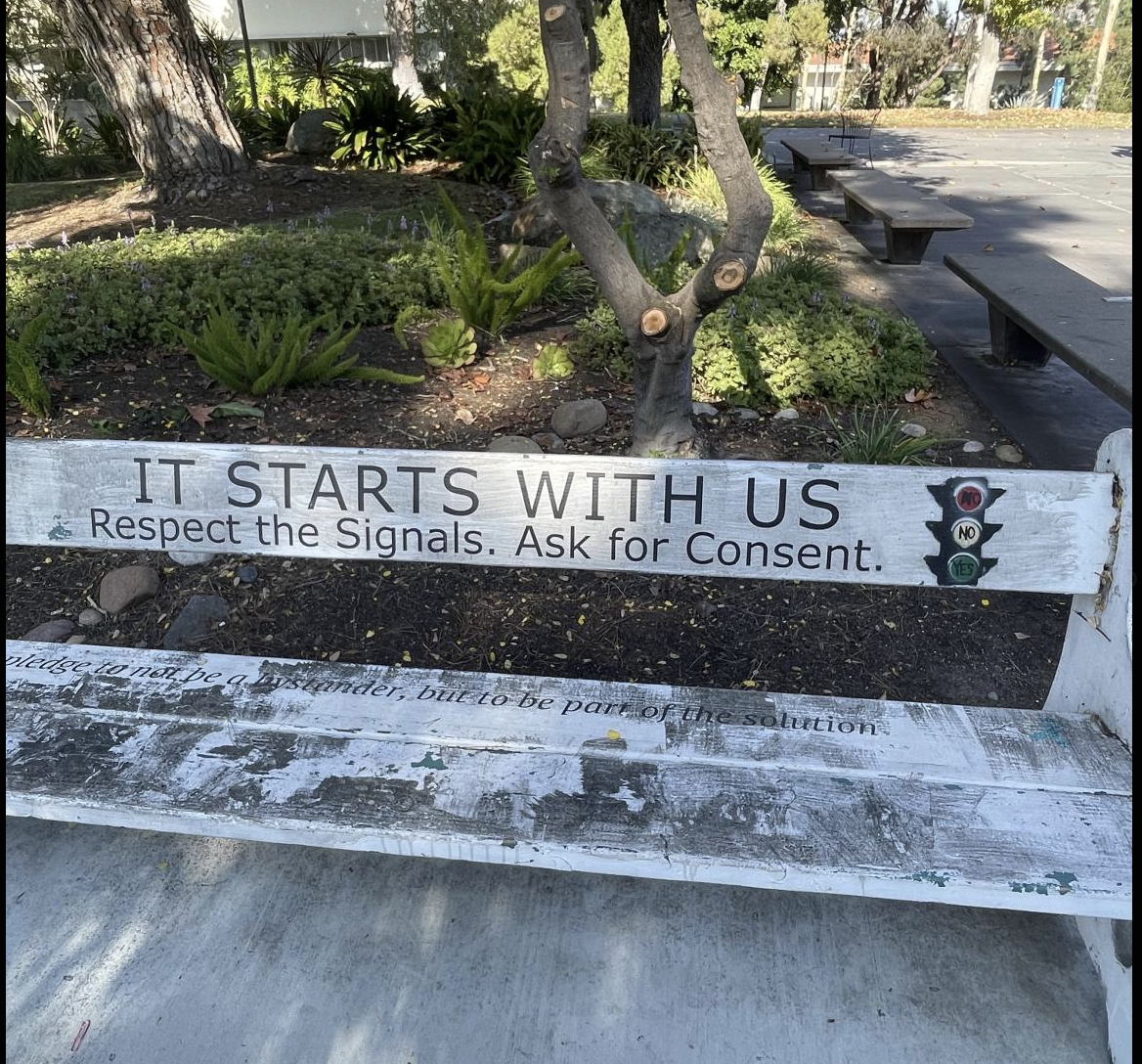
I daresay most of us weren’t around when San Diego State’s strength and conditioning coach David Ohton was removed from Aztec Football in 2003, but we did witness the effects of that dismissal two weeks ago. After seven years of court proceedings, Ohton settled with SDSU to the tune of $2.7 million after the legal battle already cost SDSU $1.87 million in attorney fees.
Ohton’s troubles began when he participated in a 2003 audit of SDSU’s athletic department. He submitted a 103-page document outlining waste and improper behavior he witnessed during his time as a coach. Fearing retribution, Ohton demanded his anonymity be protected as a condition for his testimony. Predictably, he was betrayed by lead auditor Michael Redmond and his name was leaked. Things quickly went downhill from there. Ohton sued in 2004 after he was removed from the team. During a time of dwindling resources and mounting tuition costs, fighting a messy and expensive court battle such as this doesn’t seem like the greatest use of our tax dollars.
Ohton based his claim on the California Whistleblower Protection Act, which “protects every state employee who files a complaint from suffering any retaliation by his or her state employer.” SDSU claimed the decision to remove Ohton was “operational,” and not retribution for his cooperation in the case.
Regardless of the true motivation for Ohton’s removal from the football team, the timing of the move was tactless at best on the part of the Athletic Department. Doing so certainly invited some awkward questions.
After SDSU seemingly begged for a lawsuit by removing Ohton from the team so soon after the audit, it quickly rejected an opportunity to resolve the case early with minimal damage to the school. Ohton’s lawyers, in an interview conducted by The San Diego Union-Tribune, claimed “All coach Ohton requested was that he be given a simple apology from (then head coach) Tom Craft … and that he be reinstated as director of strength and conditioning and continue as strength coach for football.” SDSU, in all its wisdom, felt it would be better to reject the clearly reasonable offer and drag out the lawsuit for another couple of years.
Some people claim SDSU was on the verge of victory, and did not want to settle a case it could win. One other possible explanation for stretching the lawsuit is an altruistic one. Perhaps SDSU wanted to boost employment in the area during the economic downturn by retaining no less than four legal firms to fight the case. According to SDSU’s in-house counsel Marlene Jones, $1.35 million of the total bill will be paid by taxpayers, the rest by insurance – I wonder what that will do to our premium.
What worries me the most are the messages sent to students and staff during the course of this case. By leaking Ohton’s name and starting this issue to begin with, the California State University system showed a profound lack of respect and value for those trying to better the system. Exposing Ohton insured he would be unable to continue doing his job, and made it extremely difficult to find work elsewhere in the sports community. His treatment by the CSU system does not inspire a lot of confidence from other potential whistle-blowers in the system. It should not be surprising if SDSU’s professors and staff are reluctant to come forward in cases of waste and misuse in the future.
Ohton, who continued to work with student athletes outside of the football program while his case progressed, will use the settlement money to pay his lawyers and retire. The school will come away from this ugly mess with nothing but a hefty bill and a black eye. It was a painful lesson we all had to watch SDSU learn, and hopefully we won’t have to witness another.
—John Anderson is an international security and conflict resolution junior.
—The views expressed in this column do not necessarily reflect the opinion of The Daily Aztec.






